At CES 2026, BCG brought together leaders from Strattec Security Corporation, ZF Group, Cooper Standard, and BorgWarner to examine how AI, software, and deeper OEM–supplier collaboration can unlock scale, resilience, and sustained value across the automotive ecosystem.
Featured Insights
Artificial Intelligence, Digital, and Tech
Video
January 30, 2026
Smarter Together: AI, Cost & the Future of OEM-Supplier Collaboration
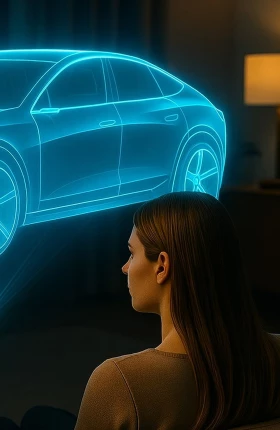
Article
September 18, 2025
The rise of Generative AI is poised to completely transform every aspect of the car-buying experience. To thrive, every industry player must act now.
Video
October 23, 2025
BCG and BMW Group: Transforming Organizations- Agentic AI in the Supply Chain
BMW Group's Oliver Ganser and Markus Kronen , alongside BCG's Andrej Levin, discuss and share what it takes to transform the supply chain, and specifically the purchasing organization, with agentic AI at IAA MOBILITY in Munich.
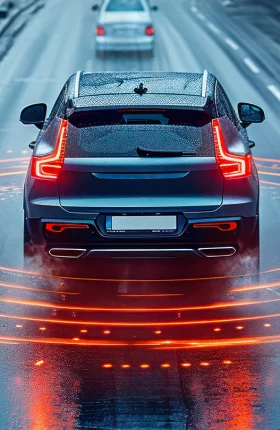
The move to autonomous vehicles—part of the broader shift to software-defined vehicles—has profound implications not just for the automobile industry but also for society. Developing these technologies effectively and responsibly requires collaboration across the value chain and beyond.

Article
July 31, 2025
As governments increasingly assert export control over digital products, compliance design has become integral to a company’s product and business strategy—and can create a competitive edge.

Article
January 7, 2025
Beyond technical implementation, success hinges on design choices that promote adoption, thoughtful process reengineering, and an unwavering focus on savings targets.
Electrification and Mobility

Article
September 10, 2025
As EV adoption across the three largest auto markets diverges, OEMs will need to get comfortable with living in an uncomfortable world.
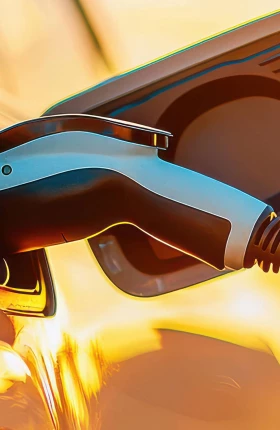
Article
February 24, 2025
As options for electric vehicles expand, similarities and differences are arising between the China, US, and EU markets.

Article
October 28, 2024
Congestion, accidents, emissions, and other challenges require cities to develop holistic mobility alternatives that will shift travel from private transport to public and active modalities.
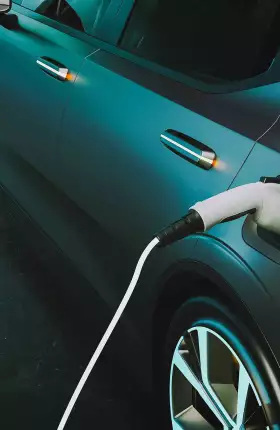
Slideshow
August 28, 2024
Can the next wave of European luxury consumers turn the market for battery electric vehicles around? We look at the preferences and influence of this growing consumer segment.
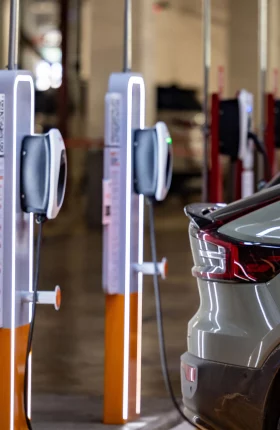
Article
March 20, 2024
More than two-thirds of US consumers are considering buying an electric vehicle. Can OEMs meet their price and performance needs while still making a profit?
Retail and Aftermarket

Article
December 12, 2025
Navigating shifting loyalties, digital, and the evolving customer journey.

Article
November 4, 2025
Our survey of 9,000 consumers in ten countries uncovered evolving preferences, with younger cohorts particularly likely to embrace change and regional differences demanding localized strategies.
Video
September 15, 2025
Porsche’s Bold Approach to Sales & Marketing
Matthias Becker, head of sales for Porsche, illuminates the path ahead for the leading sports car brand, from product strategies to new tech innovations.

Article
March 26, 2025
Market pressures have made data, digital solutions, and AI-driven tools indispensable for competitiveness, while enhanced service offerings are essential for long-term revenue growth.
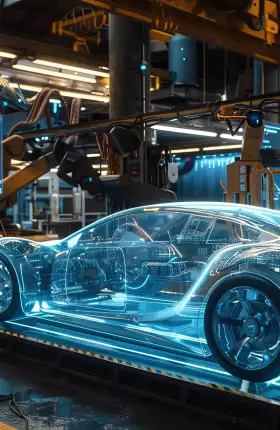
Article
September 18, 2024
The €64 billion aftermarket auto parts business in Europe faces challenges that will alter dynamics and threaten revenue and profits. We outline the findings of our research.
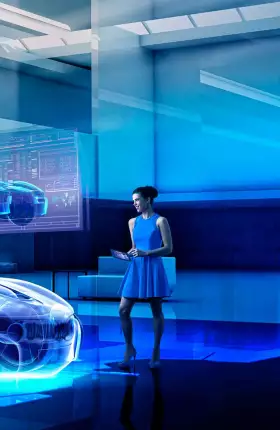
Article
January 9, 2024
While automotive companies spend billions to radically change their vehicles’ look, feel, propulsion, and features, the car buying experience remains burdensome and dissatisfying to consumers.
Weekly Insights Subscription
Stay ahead with BCG insights on the automotive industry
Cost Management and Operations
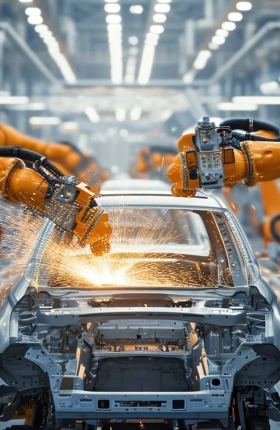
Article
September 8, 2025
Established automakers face a dual challenge: slowing demand and new competition from companies with lower manufacturing costs.
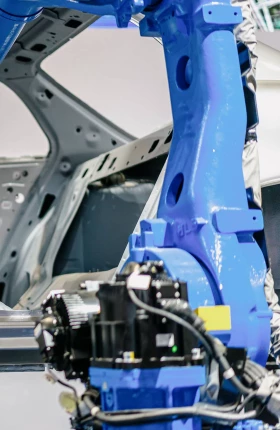
Update
March 19, 2025
To remain competitive, traditional automakers must fundamentally rethink how their manufacturing plants operate.
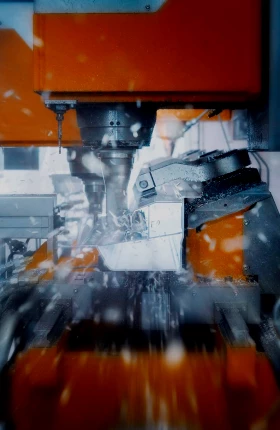
Manufacturers need to optimize for increased productivity, improved sustainability, greater resilience, and a stronger workforce. How can they harness the latest technologies to realize these goals?
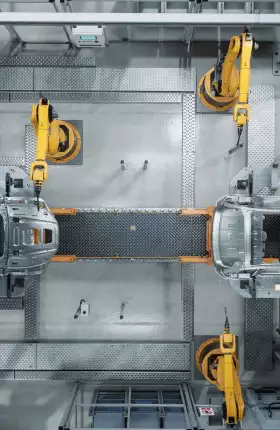
Update
November 12, 2024
Global market dynamics are shifting rapidly, and the structure of the auto industry is likely to experience fundamental changes.
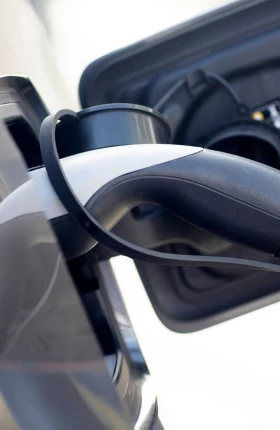
Article
October 16, 2023
Five strategies automakers can deploy to lower manufacturing costs and tap into a profitable European market for smaller electric vehicles.
Suppliers
Video
September 12, 2025
MANN+HUMMEL's Transportation Division Meets the Future Head-On
As the filtration systems leader innovates new automotive solutions, Hasmeet Kaur, president of the Transportation division, details MANN+HUMMEL’s drive for resilience and sustainability.
Video
Auto Suppliers Should Stay Strategic
The market for many auto components is stagnating. OPmobility’s Augustin Tuaillon and BCG’s Thomas Weber say maintaining an always-on strategy is key.
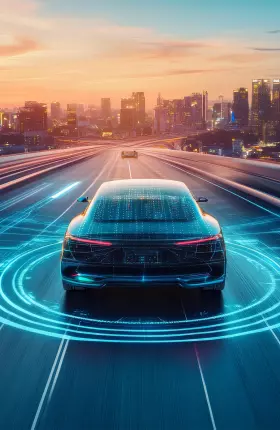
Article
November 14, 2024
A new tech stack is taking shape in the auto industry. Tier one suppliers that are still trying to determine where to play risk being crowded out.
Commercial Vehicles and Off Highway

Slideshow
October 12, 2023
Despite having a positive effect on the medium- and heavy-duty truck sector overall, the clean-energy transition will disrupt business models and employment, requiring suppliers, OEMs, and other players to prepare for change now.
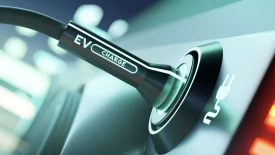
Article
October 11, 2022
Electrification of commercial road transport is still nascent, but switching to the fast lane. We explore what this electric transformation might look like in the future, using Australia as an example.
Turning Point – Trends, Shifts, and What’s Ahead
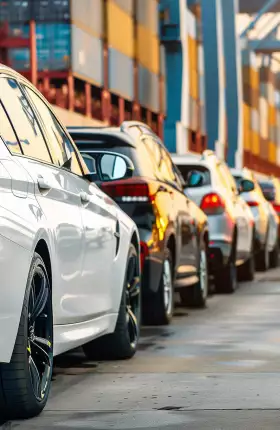
Article
May 8, 2025
Explore three potential tariff scenarios, their impact on auto sales, and what leaders can do to stay ahead.

Article
January 8, 2025
The way consumers buy automobiles has changed radically since the Mad Men era, but not automakers’ marketing. This shift calls for a faster, data-driven approach.
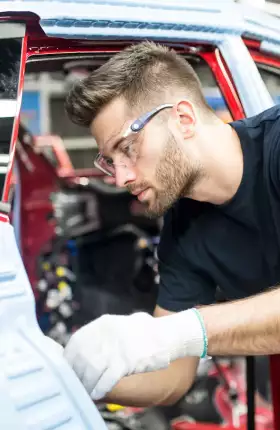
Article
September 5, 2023
The European automotive industry has been a critical force in the continent’s economy and industrial success for decades, but now the traditional sources of the auto industry’s strength are threatened.
Explore More
Industry
Capability










